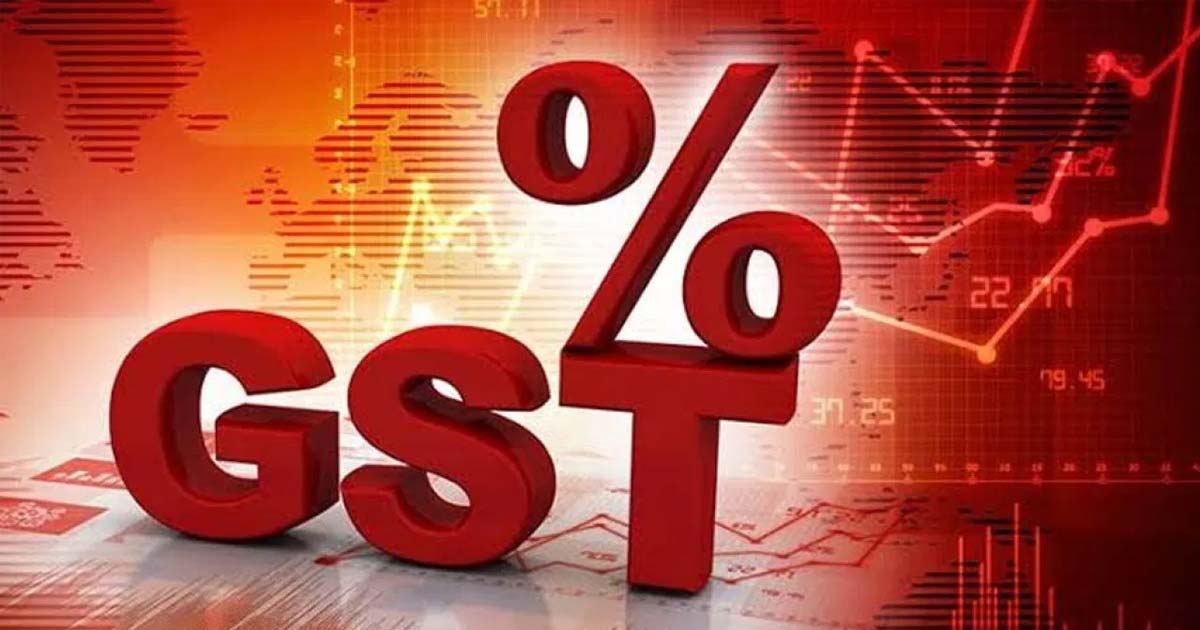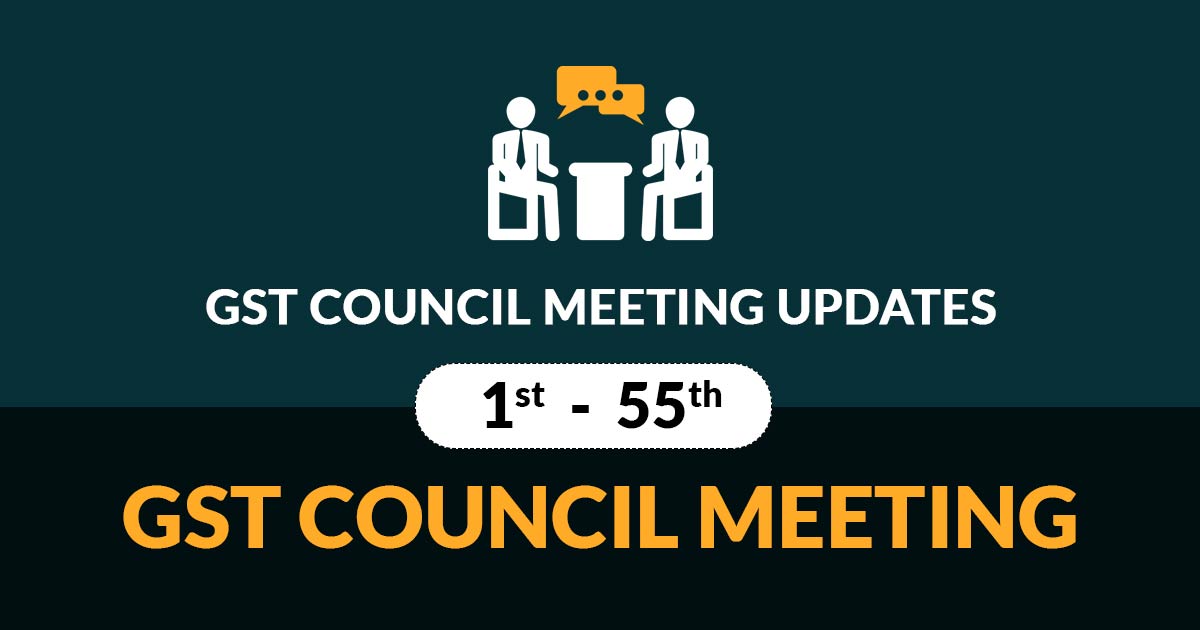
The centre described the current abnormal situation as an “act of God” and also indicated that there was no insurance for the growth of 14% in the GST Collections during this situation.
In July 2017 when the GST was introduced, the centre provided insurance to States against any “revenue loss”, if the growth of revenue collection was under 14% in a year.
In this matter, one official said that “Compensation is a larger issue. The Centre is not going back on its promise, but should it not enforce the force majeure clause since this is an event triggered by things beyond anyone’s control? It is an ‘act of God'”.
As per some reports presented at GST Council meeting 
The council also stated that the spike is reported due to the payments of the pending amounts of previous months which get paid in May month and also due to some extension in dates.
A source said that “While collections during April and May have been around 45% of monthly average (of a shade over Rs 1 lakh crore), is it fair for the states to demand 114%?” another source said that “Haven’t their VAT, excise and property tax collections suffered,”.
The Center agreed to look into this matter after the Finance Minister indicated that the Council is looking for all the options including borrowing from the market. Sushil Kumar Modi, Deputy Chief Minister, Bihar mentioned this topic in the Friday meeting.
Officials also stated that “invoking the force majeure clause” was not provided for in the statutes, although the Centre has made it clear that the GST Council needs to arrange for the compensation. Technically, they (Centre) are right. They are in no position to pay, given that there was a shortfall last year too,.
One of the State Finance Ministers responded that even before lock-downs it was still not possible to provide compensated States if they failed to achieve 14% annual growth, there is a huge gap and the gap spreaded due to the economic slowdown.
The issue had been also put on table in the GST Council Meeting held in Goa since the average GDP growth had already reached a lower position. “To achieve 14% GST growth, with GDP growth of 6% is tougher than at 8-9%,” a state revenue secretary added.









